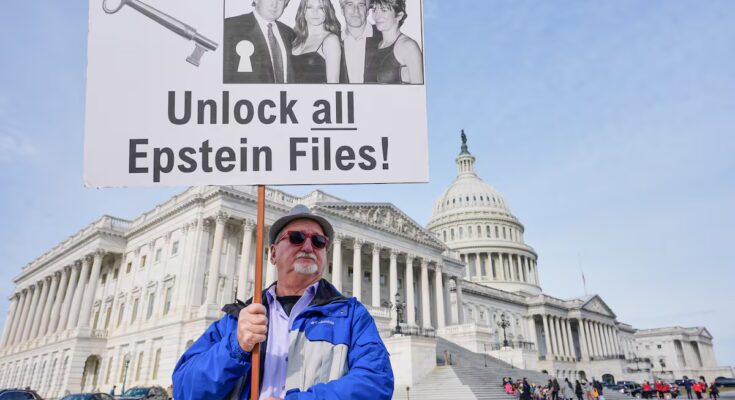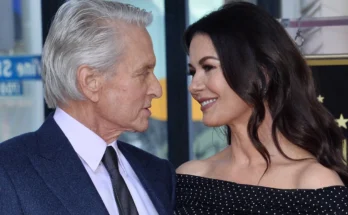After the overwhelming support of the House of Representatives, 427 votes in favor and one against, the 100 members of the United States Senate unanimously supported this Tuesday the sending without modifications of the Epstein Papers Transparency Act to the White House, which requires the Department of Justice to declassify documents related to the case of the millionaire pedophile.
They did it hours before the text even reached them for examination and subsequent voting. This means that as soon as it arrives in the Upper House, which should happen in the next few hours, it will automatically go to President Donald Trump’s desk. Although he has been opposing the disclosure of these materials for months, he has promised to sign them as soon as possible.
The attack was triggered by the leader of the Democratic minority in the Senate, Chuck Schumer, who around 5.00 pm. (Washington time), a few hours after the vote in the House of Representatives, forced what in Capitol jargon is called “unanimous consensus” and excluded the possibility that the law would stall in the Upper House. “This is about giving the American people the transparency they ask for,” Schumer said before advocating for the bill’s passage. “Jeffrey Epstein’s victims have waited long enough.”
It is not clear whether the president of the United States will sign it on Tuesday evening, when a dinner is scheduled with the crown prince of Saudi Arabia, Mohamed bin Salman, who Trump received in the morning at the White House to say that the atrocious murder in 2018 of the journalist Jamal Khashoggi, columnist for The Washington Post, They are “things that happen”. US intelligence confirmed Bin Salman’s involvement.
The president’s response
Trump, who usually loses his temper over the issue of Epstein’s papers, reacted to the news that the Senate was also about to publish it with a message on his social network, Truth. “I don’t care when it passes, whether tonight or sometime in the near future, I just want Republicans not to lose sight of all the victories we’ve won,” he wrote, before listing those accomplishments using lies, half-truths and exaggerations.
After weeks of pressure to the contrary, the president, a friend of Epstein for 15 years, last Sunday gave permission to the deputies of his party to vote in favor of the law. Even if he didn’t go all the way: it is within his power to order the disclosure of those dossiers without the permission of the Capitol, but he preferred not to do so. These could reveal the involvement of dozens of rich and influential men in the pedophile’s sex trafficking network, as well as the complicity of financial institutions and judicial bodies or the mistakes of the authorities that allowed him to act with impunity.
It is also unclear what the next steps will be once Trump signs the law, as he has promised. Nor when and how the Department of Justice will comply with its obligation to release the files. Attorney General Pam Bondi announced last July that her department had no intention of releasing those documents despite promising for months that it would.
In their hands are millions of previously unpublished documents with information about Epstein’s sex trafficking ring. Hopefully these will also include information about who knew or was involved between the early 1990s and his death (a suicide, according to the medical examiner). It was 2019, while he was detained in a maximum security cell in Manhattan.
The question now is whether the Justice Department intends to resist, arguing that judicial investigations are underway. It all depends on whether the US president’s orders to Attorney General Bondi to investigate the millionaire pedophile’s relationships with prominent Democrats will bear fruit or not.
Trump asked Bondi last Friday, in a gesture that violates the principle of separation of powers in this country, to open investigations only against prominent Democrats whose names appeared in subsequent document releases. He cited three: former President Bill Clinton; Larry Summers, former president of Harvard; and Democratic megadonor Reid Hoffman.
US law prohibits the release of summary materials from the trial while he is still alive, and Democrats fear the Trump administration will build on that by continuing to refuse to release the files.



